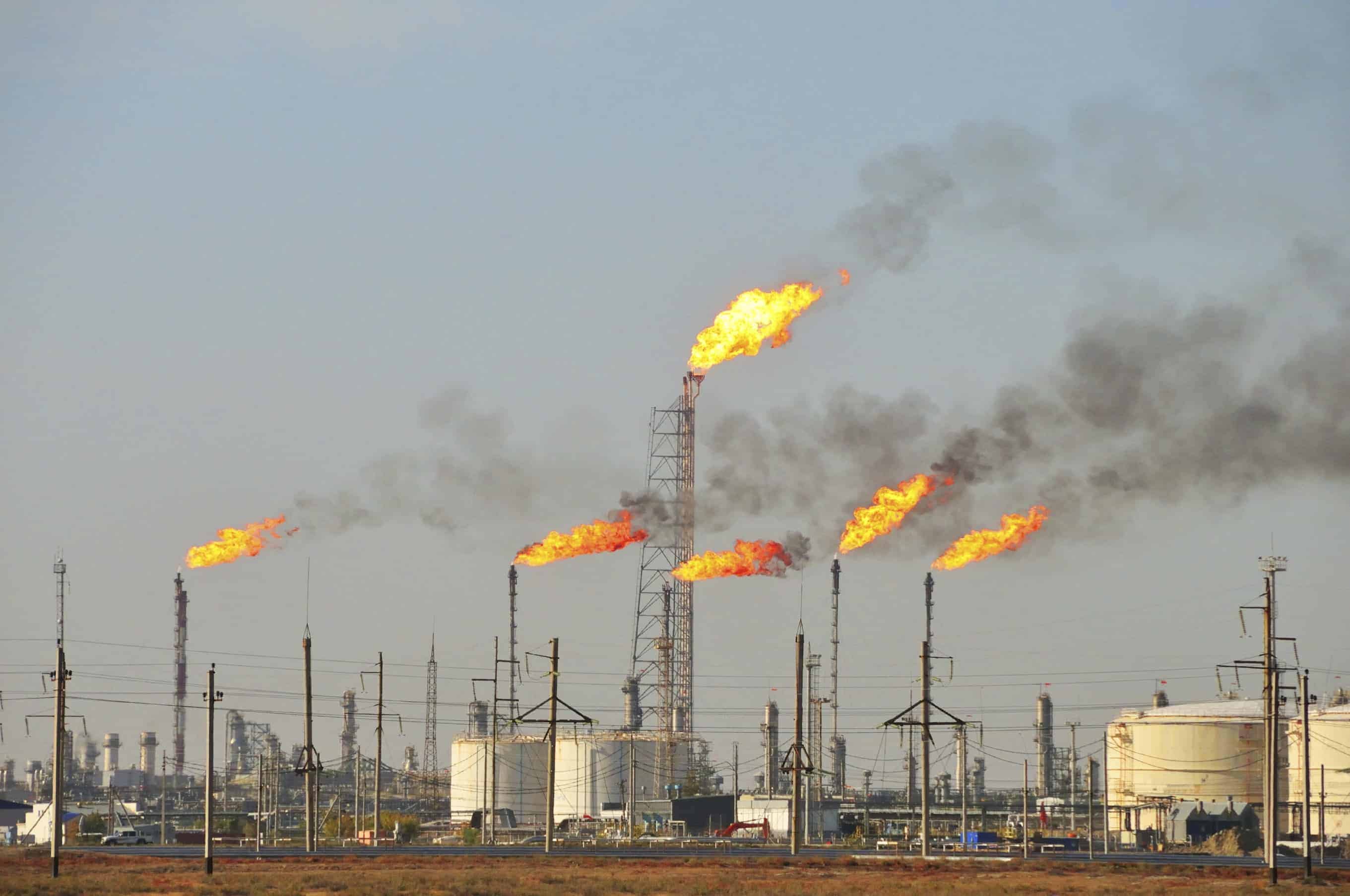TransCanada Corporation (TSX:TRP)(NYSE:TRP) is having trouble persuading customers to agree to its proposed contract terms for its Mainline natural gas pipeline network.
According to reports, major clients such as Canadian Natural Resources Limited (TSX:CNQ)(NYSE:CNQ) are refusing to accept a 42% rate cut on 10-year contracts. Encana Corp. (TSX:ECA)(NYSE:ECA) is also balking at the proposed terms.
It appears as if shippers are holding out for an even larger rate decrease. Reuters reported that “they think the toll is still too high for such a long-term commitment.” Canadian Natural’s management team was quoted as saying that rates were still “too high to provide the comfort needed in connection with a longer-term agreement.”
The showdown is of critical importance considering the pipeline network is TransCanada’s biggest income generator.
On November 4 TransCanada decided to lower its terms even further, offering rates as low as $0.75 per gigajoule, lower than the originally proposed $0.82 per gigajoule, which both Canadian Natural and Encana refused.
Still, it’s doubtful that the new rates will convince customers to sign on considering the terms still require signing a 10-year commitment. Given the opacity and volatility in energy prices, most producers are in a wait-and-see mode.
For example, in a recent interview Canadian Natural CEO Steve Laut commented, “I think we are getting closer to something that works for everybody.” So we’re getting closer, but he knows that customers still hold a significant amount of bargaining power. Laut said he was confident a deal would be reached, but added that it’s “not the end of the world if we don’t get something.”
Even Encana’s CEO sees room for improvement. “Even lower would almost certainly generate success. It would be great to continue to capture those eastern markets with western Canadian gas,” said CEO Doug Suttles.
Regardless, TransCanada is clearly facing major pressures in its core businesses. The current toll on its Mainline network is about $1.40 a gigajoule. At minimum, profitability will fall by 50%.
Pipeline investors have gotten used to high and growing dividends. Despite the recent industry upheaval, TransCanada has somehow managed to maintain and grow its dividend of $2.24–a yield of 3.9%. If recent events are any indication, those expectations need to be reset.
Pipelines still have an important and profitable role to play, but the pricing power doesn’t seem as strong as investors once thought. That’s good news for producers like Encana and Canadian Natural, but it bodes horribly for pipeline companies like TransCanada.







